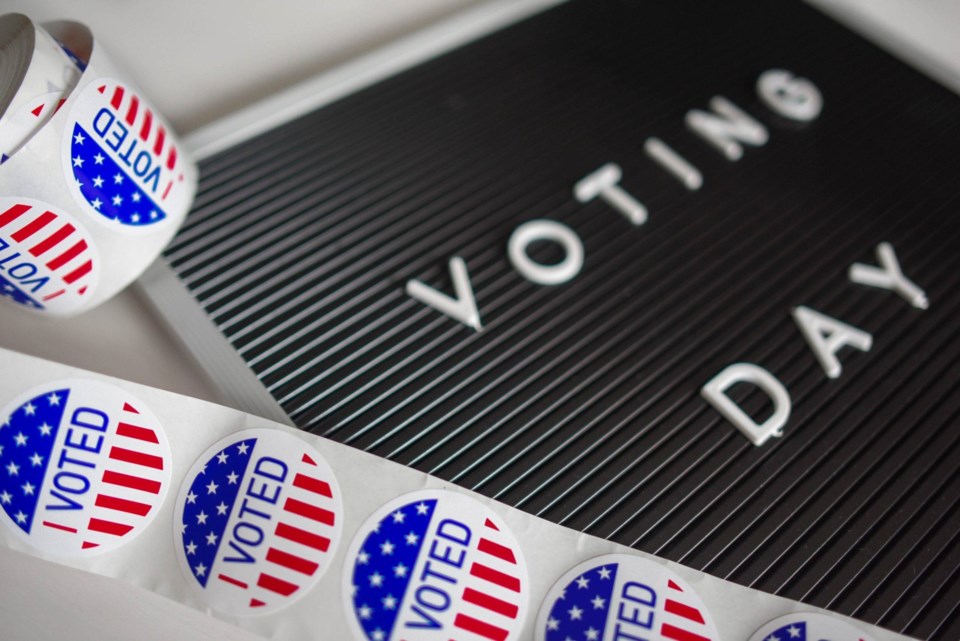It is estimated that only about 58.1% of eligible voters who are above 18 turned out to vote in the 2016 presidential elections. These statistics reveal that only a little above half of the eligible voters voted during the elections.
Many factors contribute to the reason why many eligible people didn't vote. Some significant factors would be poor preparation, lack of awareness on the appropriate registration procedure, or a failure to present IDs at the polling units.
Some states often require relevant voter identification documents, usually during registration or during voting. A vital identification document can be a State-issued birth certificate that could be easily requested online.
For example, you could request your New York birth certificate replacement or a valid driver's license. There are vital things to prepare for in the coming presidential elections, and knowing them will help you understand what to do to exercise your voting rights.
Here's All That You Need For The Coming 2020 Presidential Elections
The 2020 Presidential elections procedure started around June 2019 and will be concluded in January 2021, when the elected president would be inaugurated. In between, voters would cast their votes, and selected delegates would in-turn, cast a vote to elect the president as pledged.
You have to be at least 18 years old at the time of elections. Though, some states may allow you to register to vote from the age of 16 to be eligible to vote. Here's a list of things to do.
- Be a Registered Voter
It's essential to register as a voter, if you're going to be 18 years old at the time of the elections or if you've not done so previously. Most states allow citizens to register online, in person, or request documents via mail to be filled and returned via mail.
You could request for absentee voting to vote via postcard, through Federal Postcard Application, if you would be unavoidably absent at the voting period. The requirements needed to register as a voter differs from state to state, and you might have to check your state's website or the electoral office nearest to you to find out.
You would also need to update your information if you registered previously but have a change of name, address, or party affiliations. States also have varying deadlines for voter registration. You might have to find out as well if you're yet to do so.
- Decide Party Affiliations
During registration, you need to indicate your party of interest or if you're non-partisan. Your state laws and party affiliations determine your eligibility to vote at the primaries. Different primaries apply in different states.
Some operate open-ended, which allows anyone to vote regardless of party affiliation, others semi-closed or closed-ended, which places restrictions on non-partisan voting. It's easier to decide your party of choice, based on candidate ideologies, personal ideologies, or party ideologies. You may have to take some time to research to explore your options.
- Stay Aware of Voting Timeline
The Presidential elections come with an extended timeline, and it takes more than a year to conclude the election processes. Primaries and Caucuses debates are currently ongoing and have started since June 2019. Now, Primaries have begun from February 3, 2020, and will run till June 2020.
The Election Day is Tuesday, November 3, when voters would be casting their presidential votes, and electors would vote according to their interest on December 14, 2020. The ballots would be counted in Congress on January 6, 2021, and the elected president inaugurated on January 20, 2021.
- Vote Your Candidate of Choice!
Voting in a President is a significant event in the history of any country. Currently, there are 11 Democrats and 3 Republican candidates running for the presidency.
Some of these candidates include Donald Trump, Joseph Biden, Michael Bloomberg, Tulsi Gabbard, and William Weld. You can look up their profiles to find out their core issues. It will help you decide who should earn your votes in the coming elections.




